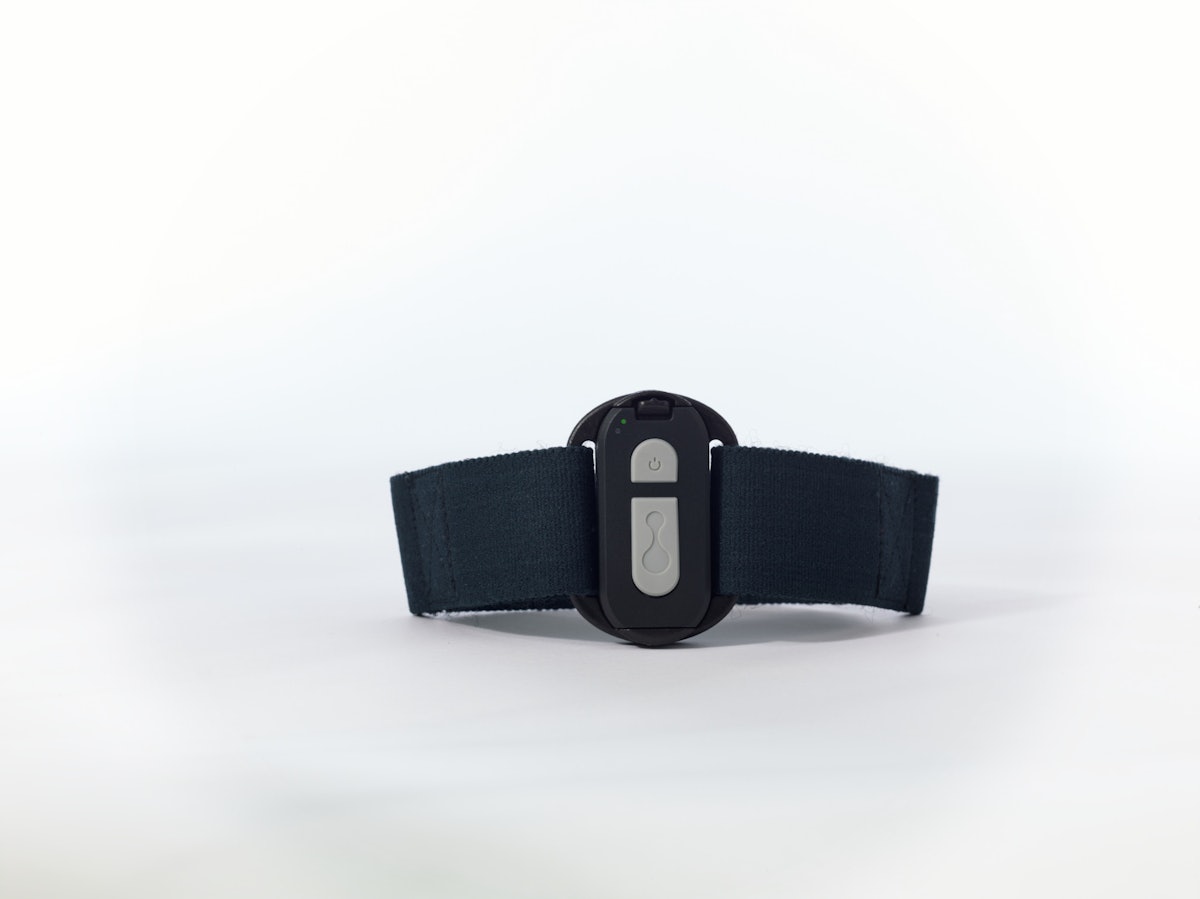Epicore Biosystems has introduced a new wearable hydration device, the Connected Hydration Armband, alongside a partnership with REUS Cares to deploy the technology among agricultural workers in Latin America.
The lightweight, reusable armband monitors sweat, electrolytes, fluid loss, skin temperature and movement. Using this data, it provides real-time rehydration alerts tailored to individual workers, aiming to reduce the risk of heat stress and related illnesses such as dehydration, chronic kidney disease and heat exhaustion.
Agricultural workers face some of the highest risks from extreme heat. The International Labour Organization estimates that 70% of workers worldwide are exposed to excessive heat annually, with outdoor laborers in tropical regions especially vulnerable.
“Extreme heat is one of the greatest threats to well-being and performance in the field,” said Juan Florido, general manager of REUS Cares. “This technology has helped us shift from one-size-fits-all hydration schedules to data-driven work-hydrate-rest routines, improving safety for agricultural workers.”
The Connected Hydration system is the first sweat-sensing wearable designed with interchangeable accessories. Workers and athletes can choose between the new reusable armband for daily use or an adhesive patch that can be applied to different body locations.
The armband is already in use at dozens of industrial sites in North America and is being integrated into occupational health programs at plantations in Guatemala, including sugarcane, banana and palm oil operations. REUS expects to expand the program to tens of thousands of agricultural workers across the region by 2026.
Epicore says the device connects to secure mobile and cloud dashboards, allowing health teams to monitor hydration trends and intervene when necessary. The company’s hydration monitoring technology has also been studied in academic settings and used in professional sports.
The initiative reflects growing efforts to address heat-related health risks for frontline workers, particularly in agriculture, one of the industries most exposed to climate-related stress.
View the original article and our Inspiration here


Leave a Reply